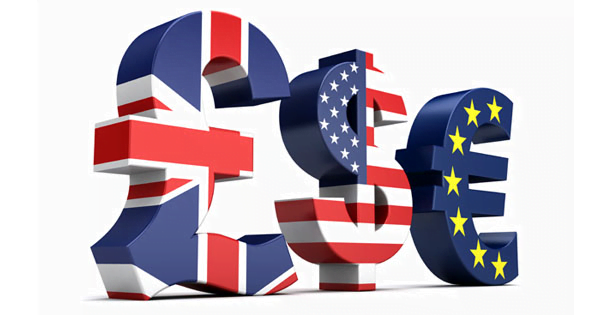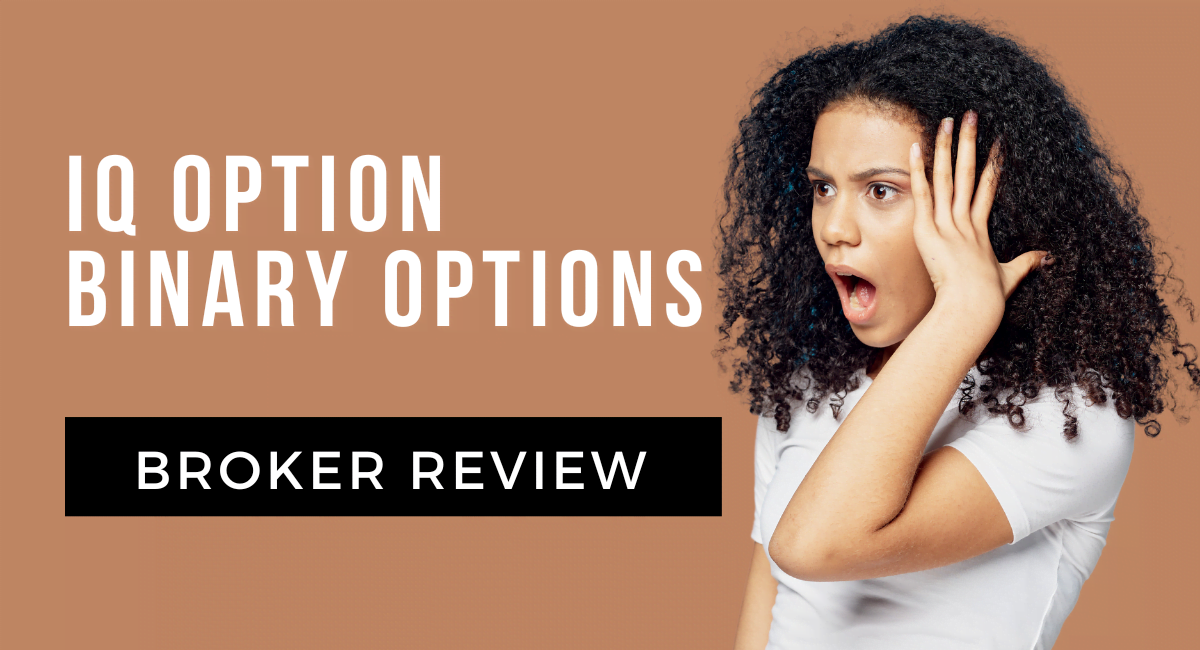More and more Kenyans are seeking financial opportunities outside the traditional. You might be one of them. And with the digital age upon us, trading online has become a promising venture. But here’s the dilemma you’re probably facing: Binary vs forex trading? Should you dive into Forex trading or try your hand at Binary options?
This guide is tailored just for you. Let’s break down the difference between binary and forex trading and help you make an informed decision.
Understanding Binary Trading
Binary trading is an “all or nothing” game. You predict if the price of an asset will rise or fall within a set period. If you’re right, you win a fixed amount; if you’re wrong, you lose your invested amount.
-
Simplicity: You have two outcomes – “yes” or “no”. If your prediction is correct, you earn a fixed return. If not, you lose your investment.
-
Short-Term Trades: Many binary options expire within minutes or hours, allowing for multiple trades in a day.
-
Defined Risk: You know exactly how much you stand to gain or lose before placing a trade.
The beauty of Binary trading is its simplicity. You know your potential profit or loss before you trade. It’s straightforward, making it appealing for newcomers like you. Binary options brokers like Deriv are popular in Kenya for this reason.
Diving into Forex Trading
Forex trading involves buying one currency while simultaneously selling another. Forex offers a chance for larger profits, but with it comes increased risk. The market is highly volatile, and while the potential for gains is significant, so are the losses. Many successful forex traders in Kenya often opt for brokers such as XM and _H_F Markets due to their user-friendly trading platforms and training resources.
-
Flexibility: Unlike binary trading, the outcomes aren’t just black or white. If the market moves in your favor, you can make unlimited profits. Conversely, the losses can be substantial if the market goes against you.
-
24-Hour Market: You have the flexibility to trade at almost any time of the day, ideal for those looking to trade part-time or around their day job.
-
Leverage: Forex brokers often offer leverage, allowing you to control a large position with a small amount of money. But be cautious! High leverage can magnify both gains and losses.
Forex trading involves buying and selling currencies. Think of it as trading the Kenyan Shilling against the US Dollar or the Euro. On the other hand, Binary options trading is like placing a bet on whether the price of an asset (be it a currency, stock, or commodity) will rise or fall within a set period.

Binary vs Forex Trading: More Differences
1. Potential Profits
Forex: The beauty of Forex is its flexibility. If you believe the Euro is going to strengthen against the Kenyan Shilling, you can buy the pair. Profits (and losses) are determined by how right or wrong you are. Brokers like XM and HF Markets offer leverage to enhance potential profits but remember, leverage can also magnify losses.
Binary Options: With brokers like IQ Option, you can potentially earn a fixed amount or nothing at all. It’s a simpler approach, but also riskier. If your prediction is correct, you earn a predetermined amount, often up to 80% of your investment. If you’re wrong, you could lose your entire stake.
2. Duration of Trades
Forex: Are you patient? Forex trades can last from a few minutes to several days or even weeks. Platforms like MetaTrader4, offered by many brokers including Exness and Pepperstone, allow you to customize your trading duration.
Binary Options: If you’re the kind who likes quick results, Binary might be for you. Trades can last from 60 seconds to a few hours.
3. Ease of Entry
Both trading forms are accessible, especially for beginners. However, Binary options, with its straightforward approach, might be easier for someone just starting. Binary options brokers like Deriv.com offer intuitive trading platforms that you, as a Kenyan trader, can kickstart with minimal fuss.
4. Regulation and Safety
Trading can be tricky, and it’s essential to work with regulated brokers. For Forex, consider brokers like HF Markets, regulated both internationally and by Kenyan authorities. For Binary options, ensure your chosen platform, like Deriv, has the necessary certifications.
5. Capital Requirements
You might wonder, “How much do I need to start trading?”
-
Binary Options: You can start with as little as KES 1,000 with many brokers.
-
Forex Trading: Typically, you’d need a more considerable sum, but with the leverage that forex brokers like Exness provide, you can start with minimal capital and control a much larger position.
Binary vs Forex: Which is Better for You?
-
Start-up Capital: If you’re starting with limited funds, binary options might be more appealing. However, with Forex, while you might need a bit more to begin, the potential for growth is often greater.
-
Risk Appetite: If you prefer knowing exactly what’s at stake, binary trading might be your go-to. But if you’re open to risk in the hope of greater returns and have strategies to manage it, Forex can be rewarding.
-
Learning Curve: Binary trading, with its straightforward nature, can be easier for beginners. But if you’re committed to investing time in learning and mastering the nuances, Forex offers depth and multiple strategies to explore.
The choice between Forex and Binary trading ultimately boils down to your preference, risk tolerance, and trading style. Do you value more controlled risks and quick trades? Binary might be for you. Do you have patience, a keen eye for global trends, and prefer a flexible trading environment? Forex could be your arena.
As you embark on this exciting journey in the trading world, always remember to do thorough research, practice with demo accounts, and never invest more than you can afford to lose. Kenya’s financial future is bright, and with the right strategies and tools, you could be at the forefront of this evolution.
In order to help you understand the key differences between these two instruments, we will remind you the definition of these two investments:
-
Forex is a market: it is the market of currency exchanges. A forex trader limits his exposure to the currency exchange market. A forex trader will never speculate on a company stock, a commodity or any other asset class. He will for instance invest in the Euro-Dollar. He will buy a certain amount of dollars with a certain amount of euro in the off chance that, in the future, he will be able to re-exchange this same amount of dollar for a bigger amount of euros. This is what happens when the EURUSD exchange rate is decreasing. A forex trader will say that the Dollar appreciates against the Euro. Moreover, the forex market is used by many different market participants. A company that sells its goods abroad in dollars but pays its employees in British pounds will need to use the forex market to convert these earned dollars for a in British pounds.
-
A Binary option is an instrument: a financial instrument that enables retail traders to speculate on different markets (forex, equity stocks, indices, commodities…). It also enables them to leverage their investment in order to generate high profits in a short amount of time. Binary options are derivative products with a final payoff that is conditional to the level of the underlying asset at maturity of the option.
Examples
-
FOREX – A forex trader is bullish on the US dollar against the Euro and spot rate is 1.3230. He will invest 1000 EUR and buy 1323 dollars. One month later, the EURUSD exchange is 1.3120, the trader will convert its 1323 USD and get back (1323 / 1.3120) 1008.38 EUR. In one month, the forex trader generates a profit of 8.38 euros. You need to invest large amounts of cash to make money with forex trading.
-
BINARY OPTIONS – A binary option trader is also bullish on the US Dollar against the Euro and the current exchange rate is still 1.3230. He will invest 100 EUR on a LOW binary option on EURUSD with maturity 15 minutes and a RETURN of 75%. If after 15 minutes, the EURUSD exchange rate is below 1.3230, the trader generates a profit of 75 Euro while he only invested 100 euros. You don’t need to invest a large amount of cash to generate a large profit with binary options. Compared to forex, the binary option trader cannot lose more than its invested amount.
Differences and main advantages of binary options versus forex
-
Larger portfolio of available underlying assets (stocks, indices, commodities and of course forex).
-
Losses are limited to your invested amount and you already know your achievable return when you open the transaction.
-
No collateral requirement by the broker. When you want to invest 100 GBP, you only need to have 100 GBP on your account while brokers are requesting bigger capital requirements for pure forex trading.
-
Multiple instruments and strategies available (High / Low, One Touch, Zone…).
-
Greater freedom and transparency: you can craft your own binary options with the « option builder » while pure forex investment are standardized.
-
No commission on binary options while proportional commission on forex that can represent a significant share of your investment.
Ultimately, the success of binary options is mainly due to the multiple advantages of this financial instrument compared to forex and other traditional financial tools. Binary options are simple instrument, you just need to choose a direction for a specific underlying and be right about it to make money.
Is Binary Options Easier Than Forex Trading?
If you are new to financial markets, it is a legitimate question to ask yourself. Is binary options trading easy compared to forex? Is it more risky? From a theoretical point of view: we would say yes!
Binary options are a lot easier to understand than forex trading instruments (CFD, Swaps, Forward Rate Agreements, Dual Currency Notes…). All these financial instrument valuations are impacted by many factors such as volatility, deposit rates, leverage level, bond yields…
The way binary options operate and generate profit or loss is a lot more straightforward. You know the achievable return of your investment at the inception of the transaction. The only factor that will impact the payoff of your investment is the price of the underlying at maturity.

Never forget the risk associated with binary options
Let’s say you buy a HIGH binary option on an asset with maturity 15 minutes and a return of 80%. Only two outcomes are possible. Either the price of the asset after 15 minutes is above the initial price and you earn the return, or the price of the asset after 15 minutes is below the initial price and you lose your invested amount. You may nevertheless recover the “return on loss” proposed by most brokers.
It is relatively easy to understand binary options
For those of you who would like to have a first experience in trading, binary options are one of the most adequate financial tools. You don’t need years of experience in financial markets, trading, technical and fundamental analysis to trade binary options. It is really easy to understand how they operate and there are few factors to select and adjust.
Of course, you should never forget the risks implied by such financial instruments. If you invest on the wrong scenario, you are likely to lose all your invested capital in a short period of time.
However, most forex instruments can result in losses far greater than the invested amount if the market moves in the wrong direction. This is because most forex instruments are leveraged instruments. You only invest a small portion of the required capital (1% to 5%) but you have to add more capital if the underlying asset goes in the opposite direction.
Most people start to understand these differences. This is why forex volumes are steadily trending lower over the last years while binary option volumes are exploding. This also explains why more and more forex brokers are adding binary options to their instrument portfolios.
However, pure-players such as OptionTime, AnyOption, TopOption or 24option already have a strong track record in the binary option trading business and it will be hard for newcomers to compete.


